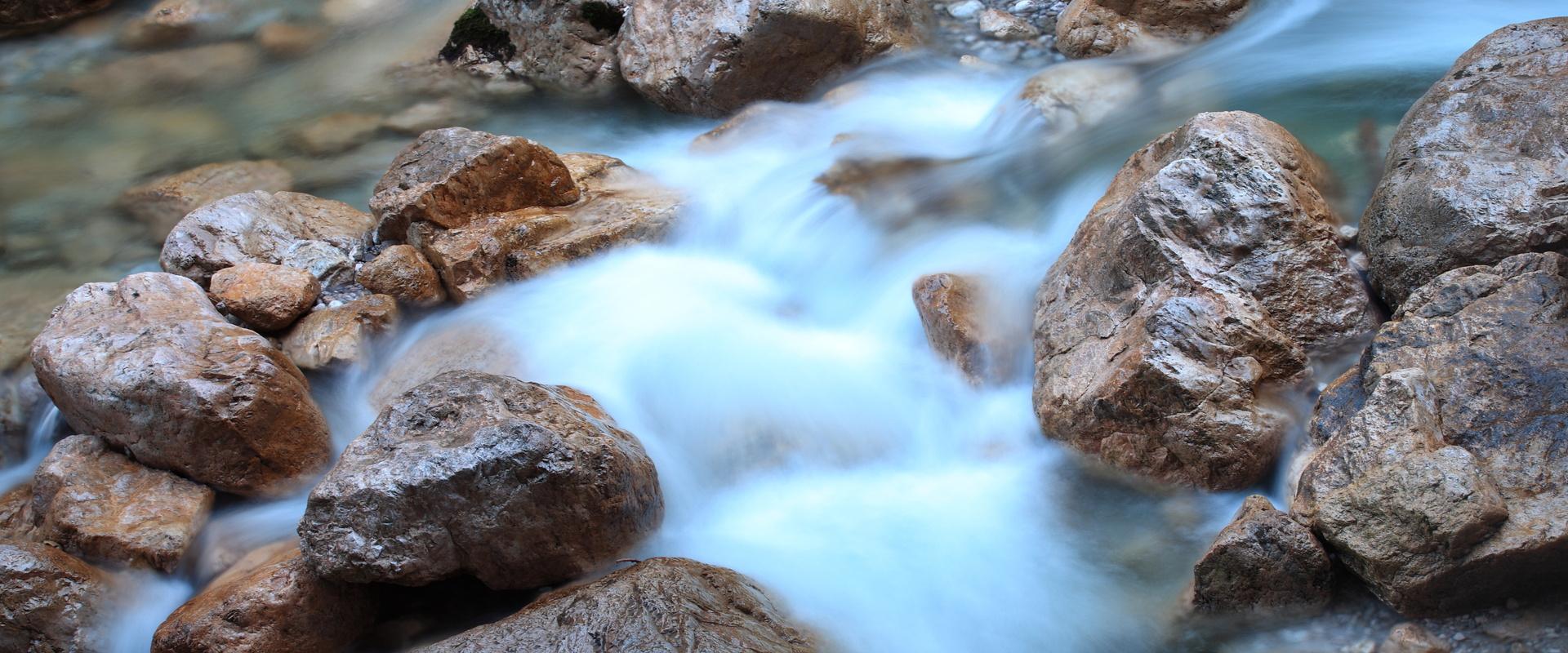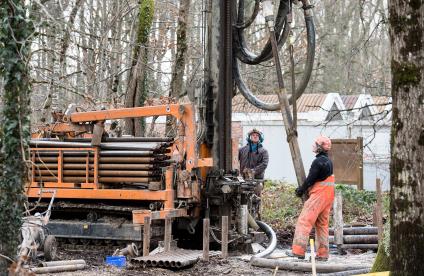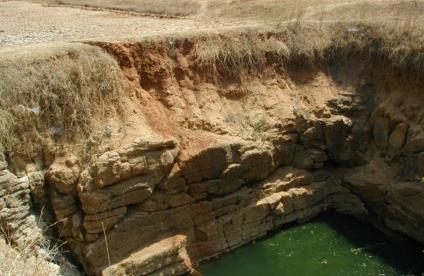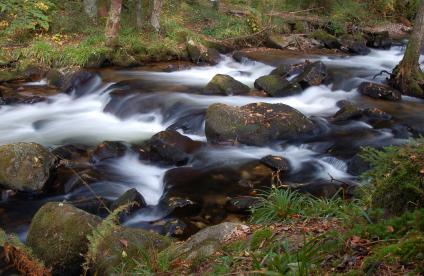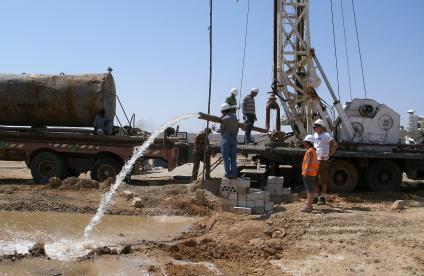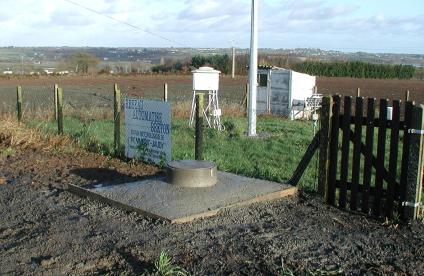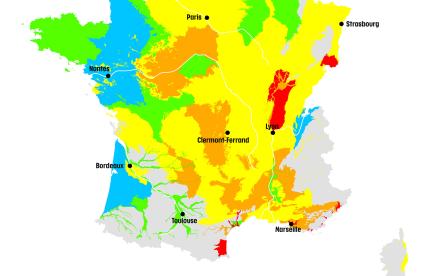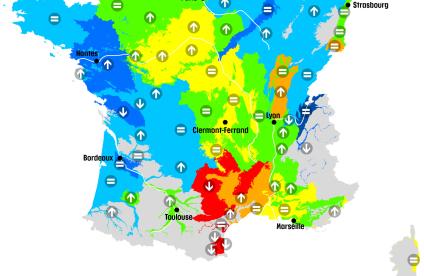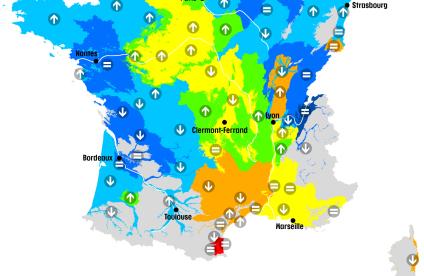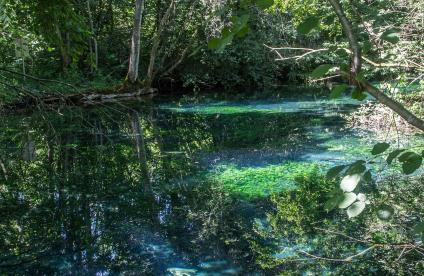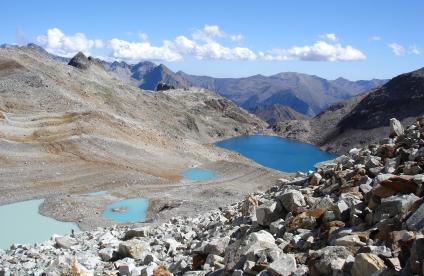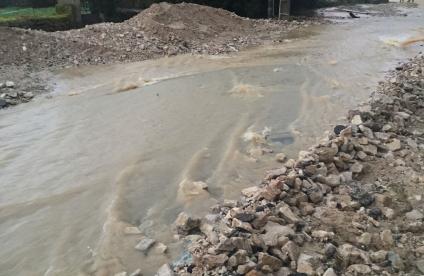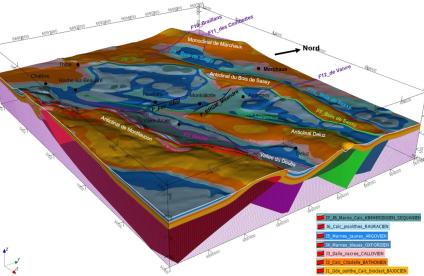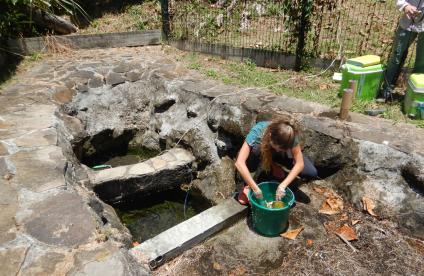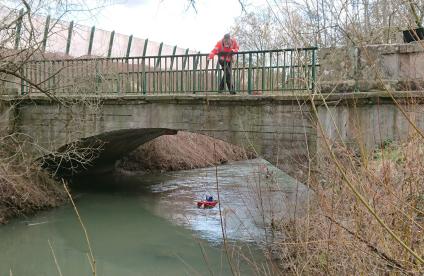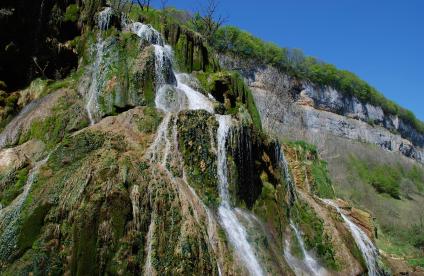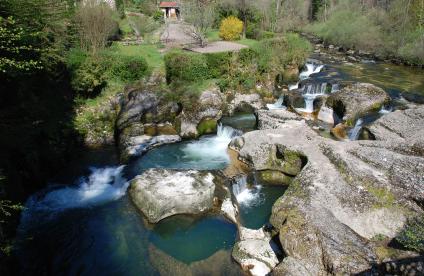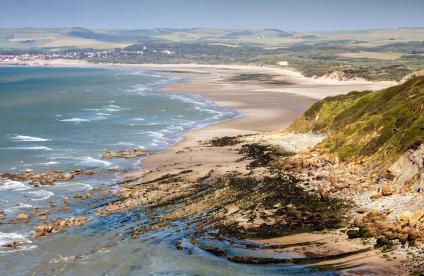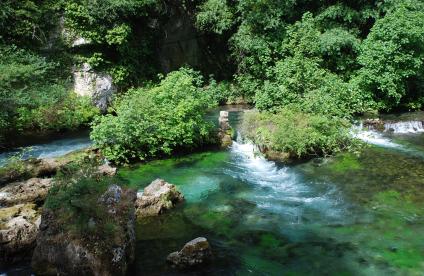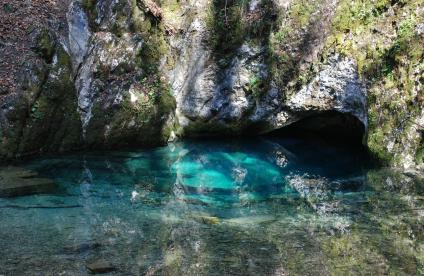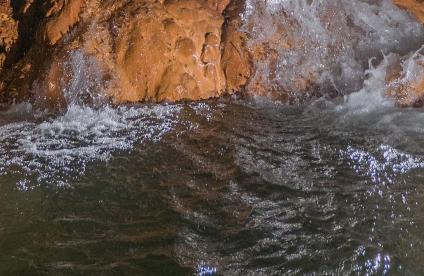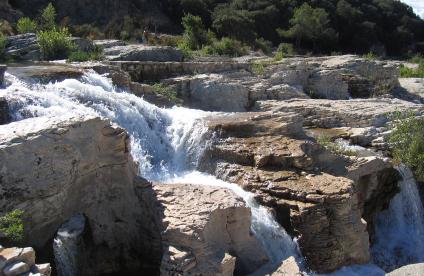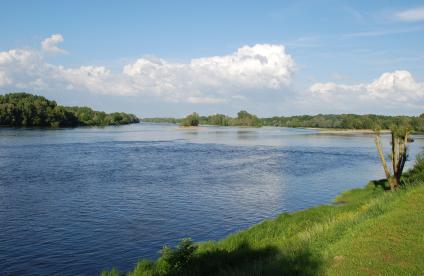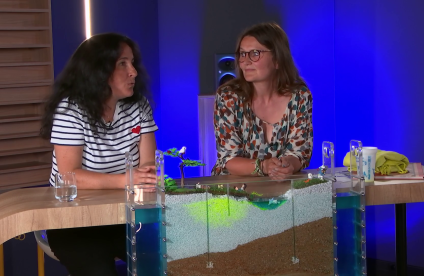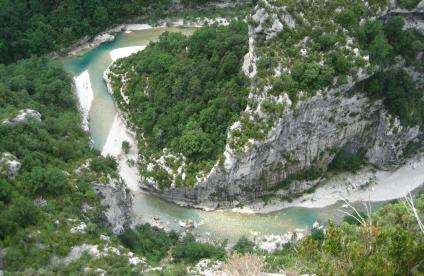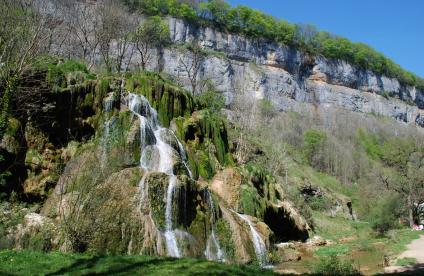The challenge
Groundwater resources are essential for the supply of drinking water and satisfying the needs of agriculture in many countries, and especially in France. Water resources are under increasing pressure from climate change and greater demand for different uses, threatening water availability. Demand for groundwater resources may be exceeding supply on a local and regional level. Over-abstraction, when demand exceeds aquifer recharge, can lead to potentially irreversible damage, such as caused by saltwater intrusion in coastal areas, subsidence, water quality problems, and dry rivers, with impacts on associated ecosystems. As flooding becomes more frequent, groundwater may be more exposed to diffuse and direct contamination.
At the same time, pressure on resources from human activity is increasing. These can be polluted by nitrate and pesticides used on agricultural land, organic pollutants, heavy metals and nanoparticles from industry, and variably treated domestic wastewater, which may contain emerging pollutants, antibiotic-resistant bacteria and viruses, drug residues, etc. A rise in conflicts of use between sectors, regions and even countries is to be expected. Lastly, global change will be much more dramatic in coastal areas like the Mediterranean basin, and also, in developing countries.
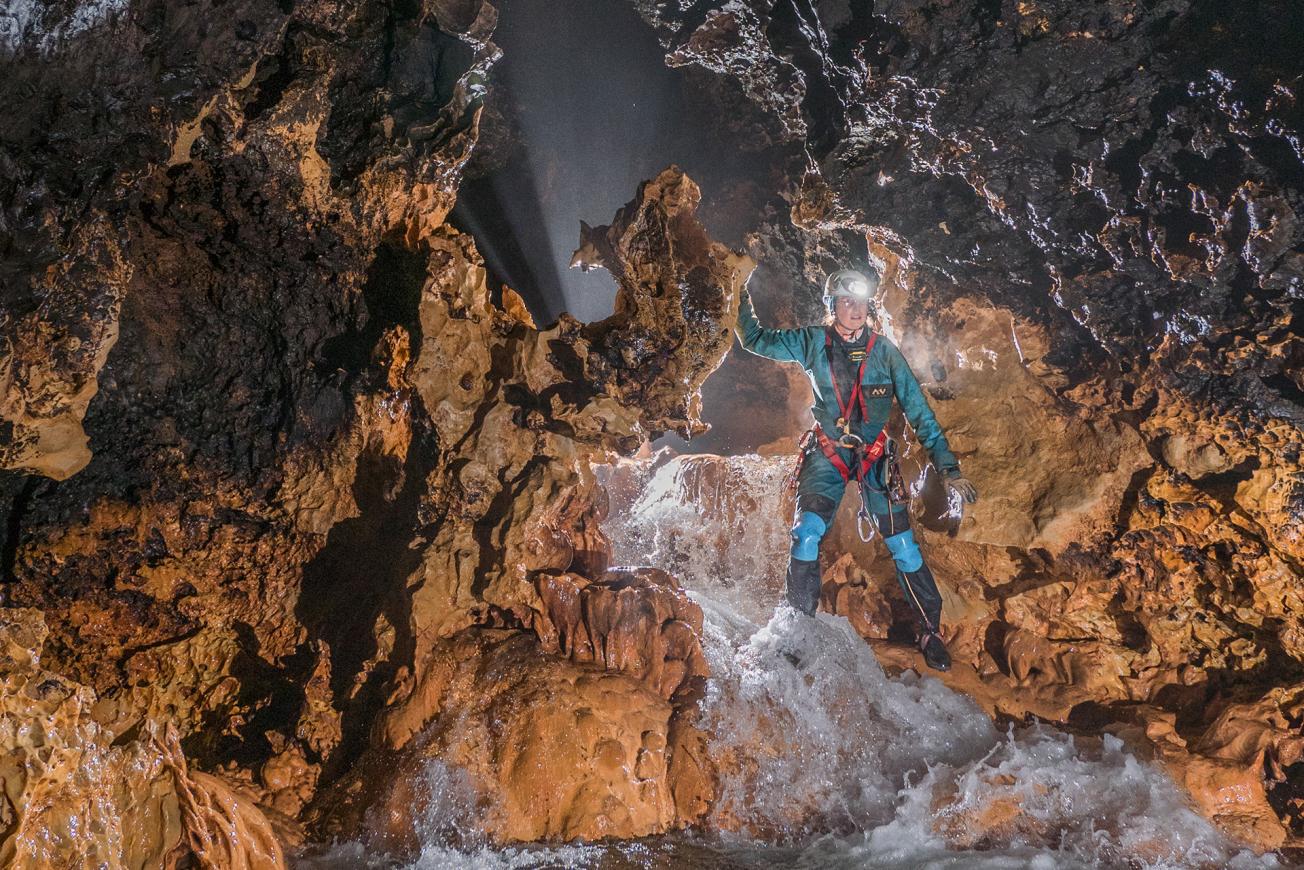
In limestone regions, water flows are concentrated in karstic networks that can form real underground rivers. Here, the Jonquilles River has carved its path through the Jurassic limestone of the north-eastern edge of the Aquitaine Basin (Corrèze, 2018).
© BRGM - Silvain Yart
The ambition of BRGM
All these facts call for increasingly sophisticated strategies for the sustainable management and protection of groundwater resources across sectors and at different space scales. Policies for adapting to the global changes affecting water resources range from the United Nations Sustainable Development Goals to community schemes across catchment basins or aquifers.
This requires research to track these processes, inform management policies and support government decision makers, local and regional communities and private users of groundwater resources. This research should provide robust approaches to characterise, monitor and model the behaviour of water systems. We will test ways in which different stakeholders could adapt to climate change and explore the management of the impact of extreme events.
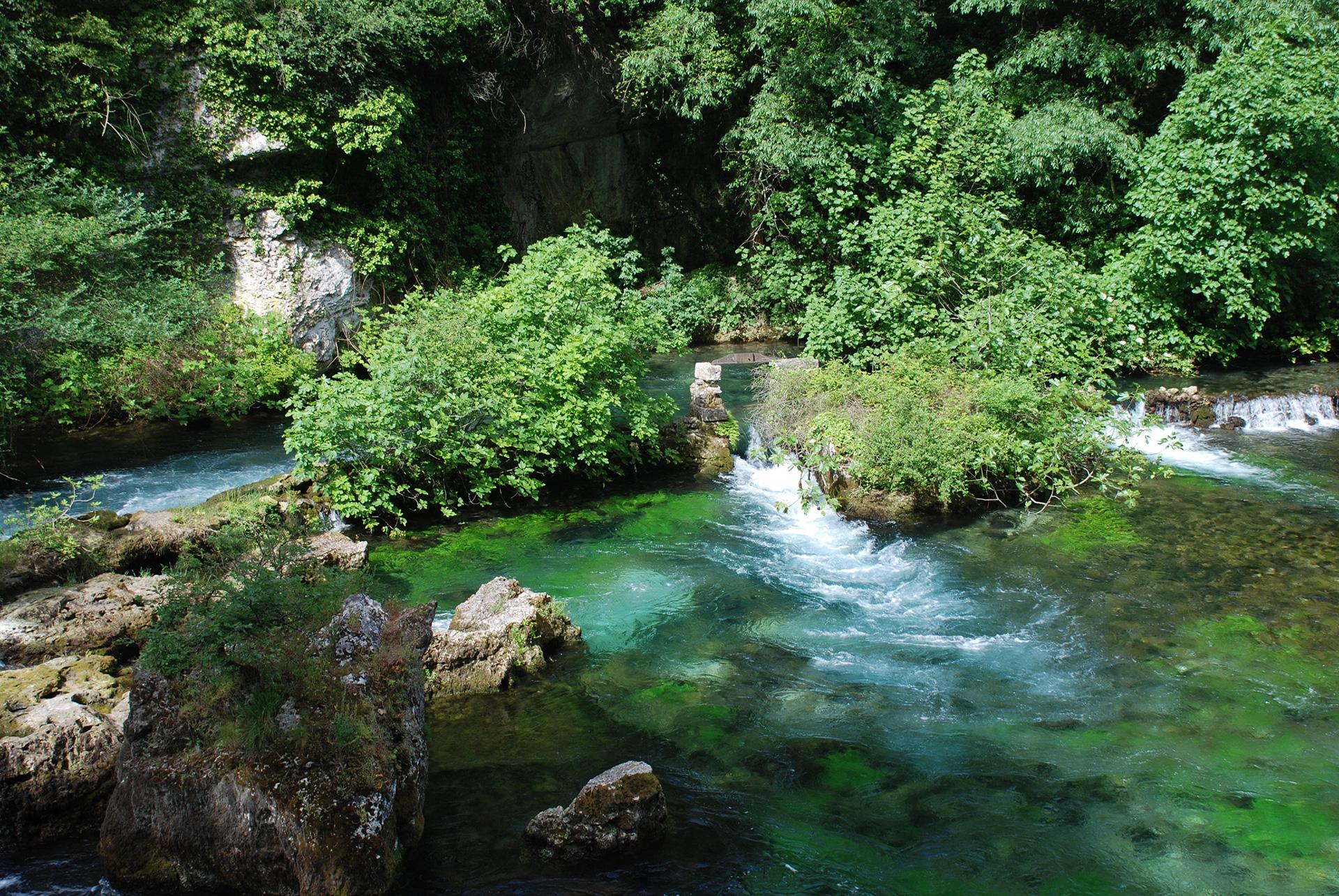
State of groundwater: monitoring by BRGM
Groundwater is a widely used resource: in metropolitan France, it accounts for nearly two-thirds of drinking water consumption and more than one-third of agricultural water consumption. It is also widely used in the industrial sector. Groundwater tables depend on cyclical recharges.
BRGM monitors groundwater levels and quality in mainland France. Discover the actions carried out by the French geological survey and the resources and databases available on groundwater in France.
Our solutions
Latest news
Our references and projects
Results and data
Websites, apps and databases
Discovering the Earth Sciences

Scientific programme: Groundwater and global change
Understanding aquifer recharge is an important research topic, as aquifers can provide seasonal storage of water while maintaining its quality. Rainwater infiltration by reducing sealed surface areas, implementing dedicated infrastructure and treating wastewater are key issues for the next decade and beyond.
Improve our understanding of physical and biogeochemical processes in aquifer systems at different scales
We will refine the quantification of rainfall’s contribution to infiltration and runoff at different scales in a climate change context. While hydrological balance models may be satisfactory for individual catchment basins, they need to be improved when applied to an area with several basins, for which integrated catchment modelling is not suitable. The qualification of groundwater resources in terms of resource (recharge water) versus reserve (stored water) as well as the use of novel mapping approaches using databases, such as BDLISA and ADES, are critical to informing public policy and supporting decision makers.
We need to continue to develop knowledge of the long-term behaviour of contaminants in the environment and their migration and alteration through aquifers. This includes understanding contaminant behaviour in areas where groundwater and surface water (e.g. wetlands) interact.
Applications will focus on monitoring tools, resource characterisation and traceability, and the forecasting and prediction of risks. Understanding pollutant movements and changes will enable us to update our monitoring and action programmes for the protection of water resources under the Water Framework Directive and its “daughter” directive on groundwater. New experimental platforms, such as PRIME and the PIVOTS network’s O-ZNS platform, and observatories such as the OZCAR Research Infrastructure’s national piezometric network are essential for reaching these objectives.
Research priorities
- Developing approaches for estimating aquifer resources – replenished by natural recharge – at various space and time scales, including regionally and nationally, using a wide range of 2D and 3D geological, geophysical, geochemical, hydrogeological and hydroclimatic data.
- Characterising the impact of climate change on the hydrological and bio-geochemical balance of aquifers as a critical zone compartment, the behaviour of soluble contaminants and microbial biodiversity.
- Understanding the effect of rock heterogeneity (e.g. facies, diagenesis and fracturing) on flow and migration processes, and spatialisation using geological and geophysical data, addressing problems related to scale change.
- Characterising and modelling the physical and biochemical migration and alteration processes by which organic pollutants, including emerging contaminants and nanoparticles, reach aquifers, at scales ranging from the experimental to whole aquifers/catchment basins.
- Developing methods for distinguishing between pollution sources and evaluating the degradation of water bodies (e.g. non-target screening techniques, environmental DNA and microbial diversity analysis) and contributing to the development and testing of innovative groundwater sensors, notably through PIVOTS platforms such as O-ZNS and PRIME.
Develop groundwater modelling and management tools for extreme conditions
There is a need for novel predictive systems and tools to provide stakeholders with clear information, including on unpicking the impacts on resources of climate change and anthropogenic pressures and on the effects of protection, adaptation, and land-use change measures on the status of resources. The goal is to provide early warning systems to reduce the social, economic and environmental impacts of extreme events. We will advance understanding of the causes of drought/water scarcity (e.g. diminishing recharge and increasing abstraction for different uses) and event prediction. We will develop climate change adaptation tools, focusing on artificial recharge, reducing sealed areas, and land-use change.
Both surface water and groundwater will be considered in the water cycle even though the focus will be on the role of groundwater in extreme events; we may suggest specific indicators for groundwater drought, groundwater flood and karst flood warnings based on data at different space and time scales and for different types of aquifers. We will develop hydrogeological models based on physical processes coupled with microeconomic models to provide information with reduced uncertainty, which will be valuable for testing the environmental impact of adaptation strategies on groundwater resources and ecosystems as well as their economic impact on users.
Research priorities
- Developing and adapting gridded, conceptual and/or functional numerical tools for predicting the status of surface water and aquifer resources, connected across aquifers and large catchment areas, at different time scales, considering land uses and the ground condition.
- Exploring alternative data processing concepts to analyse the sensitivity of models to certain parameters, assess uncertainty throughout the modelling process and qualify the robustness of predictive models. Re-analysing past events using multicriteria, statistical and artificial intelligence approaches to improve and/or develop new predictive and decision-support concepts, models and tools.
- Developing groundwater drought and flood warning indicators (e.g. karst floods, rising groundwater and soil sealing) in the current climate change context.
- Developing integrated hydrological and economic models for decision-making, which can help fine-tune adaptation strategies for integrated water resource management for dealing with drought and flooding.
Develop nature-based and technological solutions, as well as new forms of governance to improve the integrated management of groundwater resources at the local and regional level
Integrated water resource management relies on technology and local and regional governance and is a research topic in itself. It involves combining technological approaches, naturebased solutions and economics. Our research will explore options for wastewater reuse and aquifer recharge management and assess their impact on water users and ecosystems. With an increase in dry periods in Europe, the management of aquifer recharge using water from different sources is one option to be considered at a local or regional level. The management of recharge using different resources, including surface water, rainwater or treated wastewater needs to be studied comprehensively, considering methods and supervision, long-term modelling and potential impacts.
New resources may be managed and stored underground for later use by different users depending on climate conditions. The subsurface as a barrier and additional surface geomaterials may each have a role to play in the pretreatment of wastewater, given the reactive processes in the unsaturated zone.
Research priorities
- Developing local and regional approaches to the active management of water resources, considering surface and groundwater interactions, as well as needs and uses, in order to mitigate local and regional flooding and drought risks.
- Understanding the determinants of economic operator adaptability and community resilience in a context of global change and testing new approaches combining predictive models and participatory foresight methods at local and regional level to explore groundwater management projects in particular.
- Designing, simulating and testing new governance systems, including economic instruments, more inclusive institutional structures, and innovative technologies (e.g. ICTs, water saving, artificial recharge and nature-based solutions) in order to reduce the economic vulnerability of water users.
- Developing numerical tools for the scaling of artificial recharge systems for different water bodies and designing hydrogeophysical and analytical approaches to ensure their efficiency and robustness.
- Developing innovative reactive barriers in existing, laboratory, and pilot artificial recharge systems.

